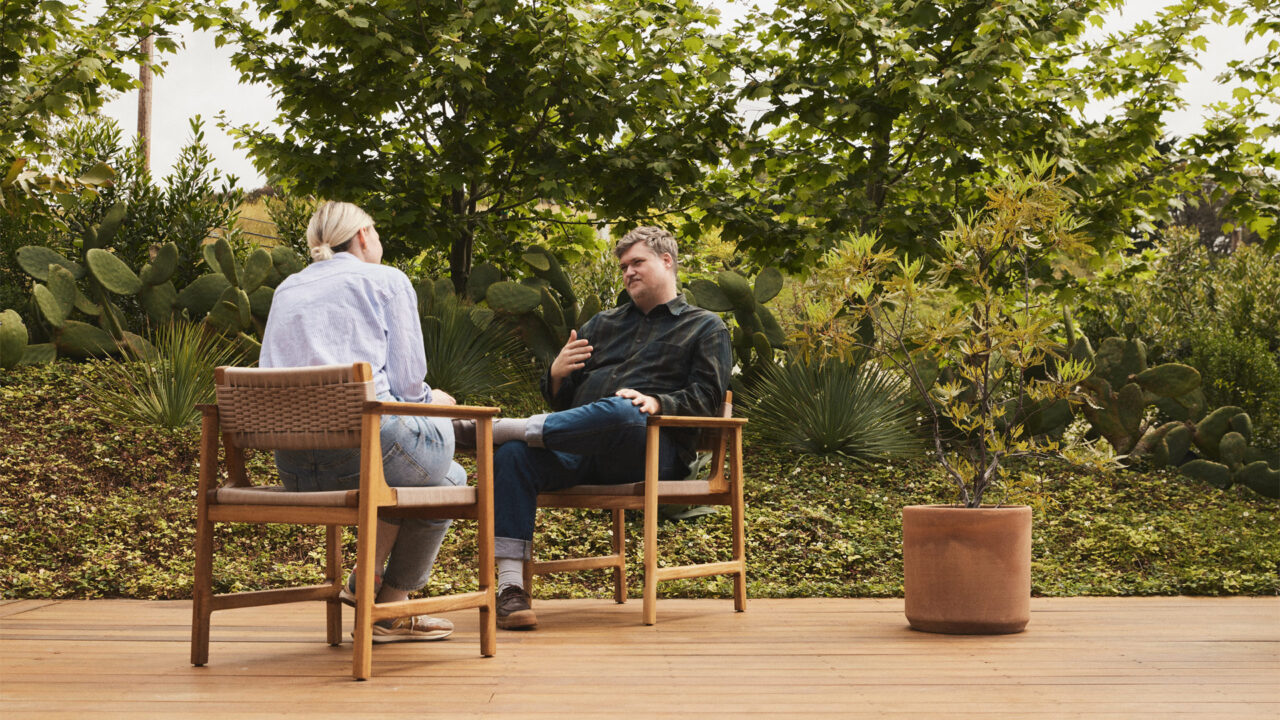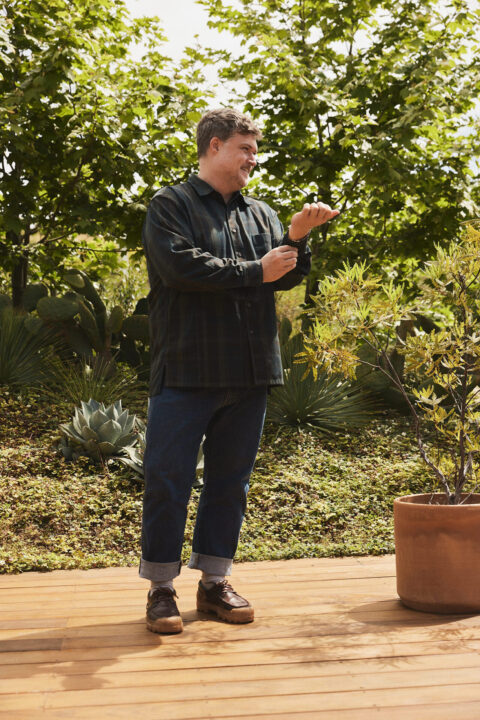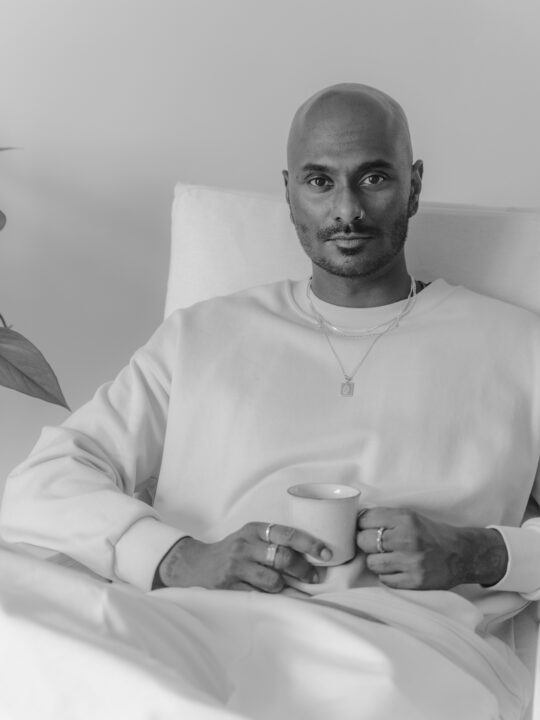V. Polite Founder Series: Matthew Herman of Boy Smells
Boy Smells creates products that, ultimately, try to get you closer to yourself. The brand started out making candles in 2015 and has since expanded into room sprays, body care, underwear and fine fragrance. It’s all intimate and it’s all intentional — without ever taking itself too seriously because what would be the fun in that?
Matthew Herman is the co-founder of Boy Smells. He graciously met the Very Polite team at Hotel June in Malibu to talk to us about the Boy Smells brand. We spoke about the things he’s learned from creating a business built on passion over plans; why Grace Jones and Kacey Musgraves are perfect representations of being genderful today; why talking about pride can feel so awkward for brands; and how you should never, never go to sleep with a candle burning. No matter how good it smells or how relaxed the scent technology makes you feel!
Read on for a shortened version of We Are Very Polite’s conversation with Matthew Herman.
Kirsten Geekie:
I wanted to start off talking a bit about the origin of Boy Smells. What made you believe that this could be something? Or did you believe it could be something?
Matthew Herman:
I think a lot of brands start with some big five-year plan on how the brand is going to grow. But when we started Boy Smells, it was really just a side hobby. Both myself and our other co-founder at the time, we were both in fashion. I’d just moved to LA to work for Nasty Gal. And Nasty Gal has a strong entrepreneurial ethos. They encouraged people to have a side hustle. So, we just wanted to do something where we could develop modern and cool scents without it being some $100 candle. It felt unusual and new.
But as we were developing these scents, you overlay that with where we were personally in our own minds. I think as a queer person, you kind of go through a second coming of age, where you think about who would I have been if I had grown up in a world that encouraged my identity? And then, for me personally, it led to embracing my feminine side more. And then, not just embracing it and accepting it, but really nurturing it.
KG:
It’s interesting to think about how the brand has released products and explored different categories in relation to this idea of a second coming of age — you’ve kind of drawn out the journey of getting in touch with your gender wholeness through Boy Smells. It all starts with your interest in scent, but it’s almost too close to your body to start off directly with fragrance. So, you stay close to home. Creating these beautiful, genderful scents that can be experienced in the safety of your own space. And then you move into a hyper-expression of gender: Unmentionables. And finally, Boy Smells has moved into fine fragrance — the closest connection to the body and self-expression. Did you think about that journey at all when you started with home scents and candles?
MH:
I think candles were an easier thing to figure out. Once we got started making candles, we got into the larger world of fragrance, and we had to learn and be introduced into the industry and make the right connections. When we were ready for fine fragrance, we had enough of a brand platform to make that investment into fragrance, which is a little bit of a bigger lift than making candles.
KG:
It’s intimate.
MH:
I think that’s the thing, whether it’s lighting the candle next to your bed or slipping on a pair of underwear or putting your fragrance on for the day — those are all very intimate moments with yourself. And that’s a big difference in how Boy Smells thinks about fragrance and how we view it. All fragrance ads used to be about how do I attract the opposite sex? It was all about, “Oh, I’m going to spritz on this Dolce and Gabbana fragrance and all of a sudden, I’m going to be having all this sex on the rocks of the Amalfi with the waves crashing next to me.” The way we view fragrance at Boy Smells is more about discovering, how do I feel most myself? And how do I feel like the most genuine version of me.
KG:
I think when considering your brand as a character and how it represents itself to the world, it makes me want to expand on your brand’s connection to gender. How a brand perceives and represents itself to an audience is such an interesting conversation, and especially when we think about how brands show up during Pride. What do you think the role of a brand is, if they have any role at all, in entering those conversations?
MH:
It really depends. We’re a brand founded by two queer individuals, and we have a lot of diversity and different gender representation in our life, and on our team as well. I always found it really awkward in the earlier days of our business to participate in that conversation, because I didn’t feel like an authority on it. Although as a part of the community, I still felt like an impostor to speak about LGBTQIA+ issues in any way. I felt like I should leave this to the experts. But I also was encouraged by people that the brand has a voice, and it has a community. But it is definitely something we struggled with in our earlier days. I think each brand has to find their own way. But as long as it’s authentic, then I think that’s important. I think customers can see through that too. To each their own, I guess. But I think there has to be some sort of tangible, actual relation to a conversation if a brand wants to participate in it. I think that’s important.
CTA: Read The Full Article








